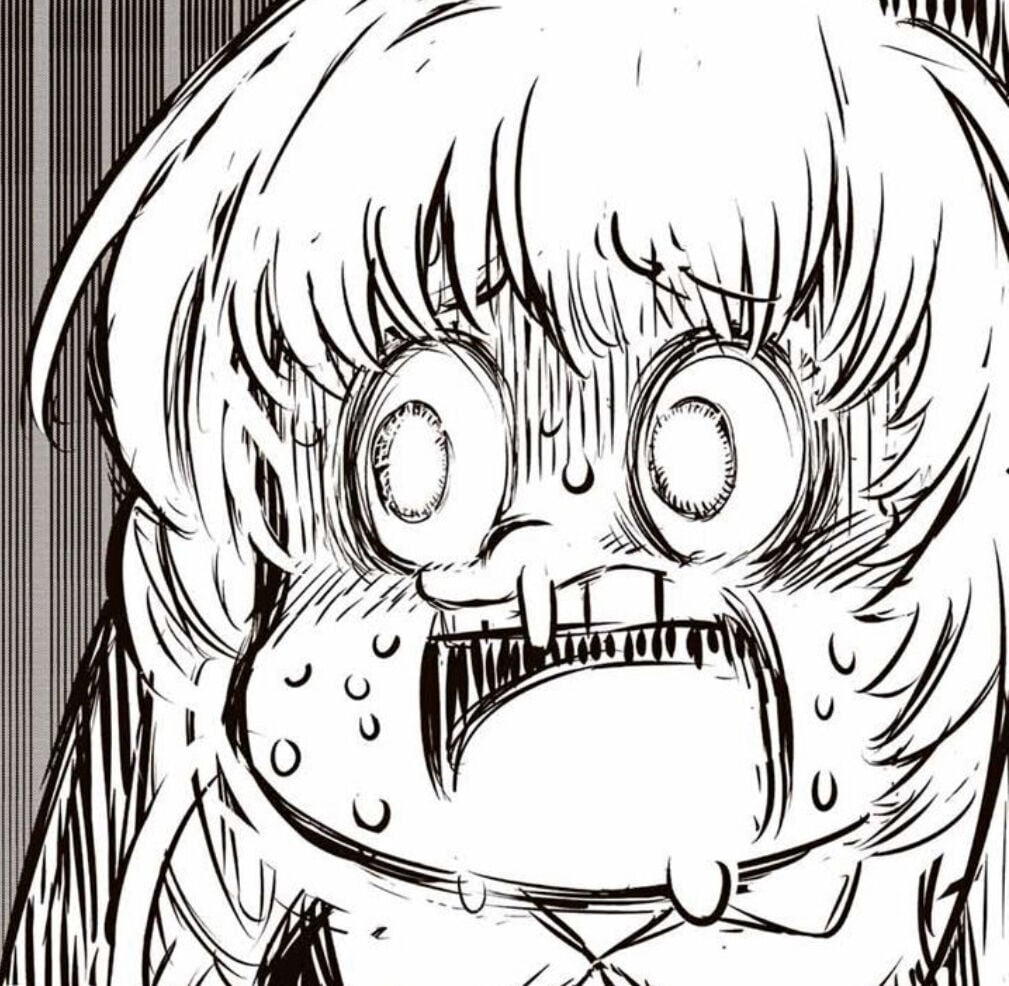Not one big enough to cause another great extinction, but small enough to just turn a whole small country and parts of neighboring ones into a huge crater. Will the people who was evacuated out after NASA stated a warning try to rebuild the country after everything has settled down or do they’d become citizens of another country?


One small enough to destroy a small country is enough to destroy the world.
What do you think happens to all the rock that was inside the crater before the crater was formed?
It doesn’t just disappear, it’s violently thrown out of the crater, some of it all the way into space where it rains back down on the earth, creating hundreds or thousands of smaller craters, it’s called “ejecta”
Now, when all of this eject the phone back to your Earth and generates a lot of heat as it moves through the atmosphere, that heat has to go somewhere, so it warms the surrounding air raising atmospheric temperature. But, it’s not the only thing doing so, remember all of those smaller craters?
Each impact releases enough energy to create a small firestorm, you now have thousands of small fires burning fire thousands of miles from the initial impact. These will be the largest and most violent forest fires in recorded history. They will warm the atmosphere and release billions of tons of soot, this will be a problem in a few weeks.
As the fires consume everything and burn out things begin to cool down. The water boiled off from plants, rivers, and streams begins to condense into clouds and then rain. Acid rain falls across the world, poisoning areas that were lucky enough to survive the first few days. People, crops, and livestock start to die off in areas that were previously survivable. This lasts for a few weeks while the soot in the upper atmosphere coosl the planet.
It continues cooling the planet until we enter a state of impact winter, which is the same as volcanic winter or nuclear winter but with a different mechanism behind it.
Depending on how big the impact and firestorms were, this could last between decades to centuries, then things start to return to normal.
If any humans survive at this point, we’ll probably be starting over from the bronze age.
Not really. You could blow up all of Lichtenstein with 2x 350kt explosions. Definitly not world ending.
Unless you’re a Liechtensteiner.
This is a great description! I agree, a meteor large enough to destroy a small country is massive!
I mean you could probably wipe out Lichtenstein or Vatican City with conventional munitions that wouldn’t endanger the planet.
Eh, if there are human survivors then data (digital and analog) and technology will survive, as well as localized means of generating power. Between that and knowledge of post-bronze age technology existing in the minds of survivors (it doesn’t have to be an understanding of how technology works, merely the idea that it exists is a huge head start since initially imagining a thing is the first huge hurdle towards creating it), I would bet on survivors not needing to reinvent so many wheels if we are also assuming the basic conditions necessary for a small number of humans to survive and reproduce indefinitely exist in this post-apocalyptic scenario. Bonus points if any of the survivors happen to be experts in a modern domain or two, but even the knowledge of basic maths that many people retain from adolescent education is a huge advantage over our distant ancestors. Just knowing that something is possible is enough to drive humans to figure out how to do it, and there would be scraps of all sorts of materials and things around to remind/inspire survivors.
That all isn’t to say that I think day to day life would be at all functionally similar to life as it is now. Technology aside, just the sheer loss of population and infrastructure would mean modern convenience would be gone and life would initially be a brutal hands-on echo of the 19th century in many regards.